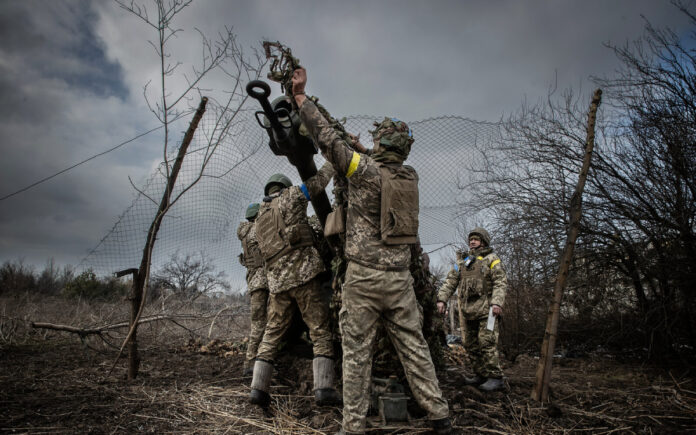Berlin: NATO is preparing for the possibility of large-scale medical evacuations in the event of a war with Russia, planning to transport injured troops from the front lines, potentially via hospital trains, according to Lieutenant-General Alexander Sollfrank, the head of NATO’s logistics command.
In an interview with international news agency Reuters, Lieutenant-General Sollfrank explained that future medical evacuation efforts would be markedly different from the experiences in Afghanistan and Iraq. A potential conflict with Russia would involve a larger war zone, a higher number of wounded troops, and, at least initially, a lack of air superiority near the front lines.
“The challenge will be to swiftly ensure high-quality care for, in the worst case, a great number of wounded,” Sollfrank noted, though he did not specify how many casualties NATO anticipates.
This medical planning is part of a broader initiative by NATO to bolster its readiness and ability to deter Russian aggression. NATO has been revamping its defense strategies following Russia’s 2022 invasion of Ukraine, which has intensified tensions between Moscow and the West. Western militaries are now preparing for a large-scale conflict, with the German military estimating that Russia could be ready to attack a NATO country as soon as 2029.

Sollfrank, who leads NATO’s Joint Support and Enabling Command (JSEC), is responsible for coordinating the swift movement of troops and equipment across Europe, as well as overseeing logistical preparations, including the storage of munitions along NATO’s eastern borders.
During a recent exercise, JSEC focused on coordinating patient flows, highlighting the logistical complexity of evacuating wounded soldiers over much larger distances than in previous wars. Russian air defenses and fighter jets would pose significant threats to medical evacuation flights, unlike the insurgencies faced in Afghanistan and Iraq. This may force NATO to rely on hospital trains, which could carry more casualties at once compared to aircraft.
“Air superiority will have to be achieved in the first place. It will require time to succeed over the entire length and depth of the front line,” Sollfrank stated. “For planning reasons, all options to take a great number of wounded to medical installations need to be considered, which includes trains but potentially also buses.”
Also Read | Israel Prepares for Potential Invasion of Lebanon as Army Chief Briefs Troops
One additional complication is the differing medical regulations between NATO countries, particularly regarding the transport of sensitive medications like narcotics or strong painkillers, which are tightly controlled. Sollfrank suggested that a “military medical Schengen” could be a solution, allowing for freer cross-border transport of necessary medical supplies, similar to the political Schengen zone, which allows free movement within most of the European Union.
As NATO continues its preparations, the alliance is adapting to the changing realities of modern warfare, ensuring that its forces are equipped to handle large-scale medical emergencies in the face of a potential Russian conflict.



